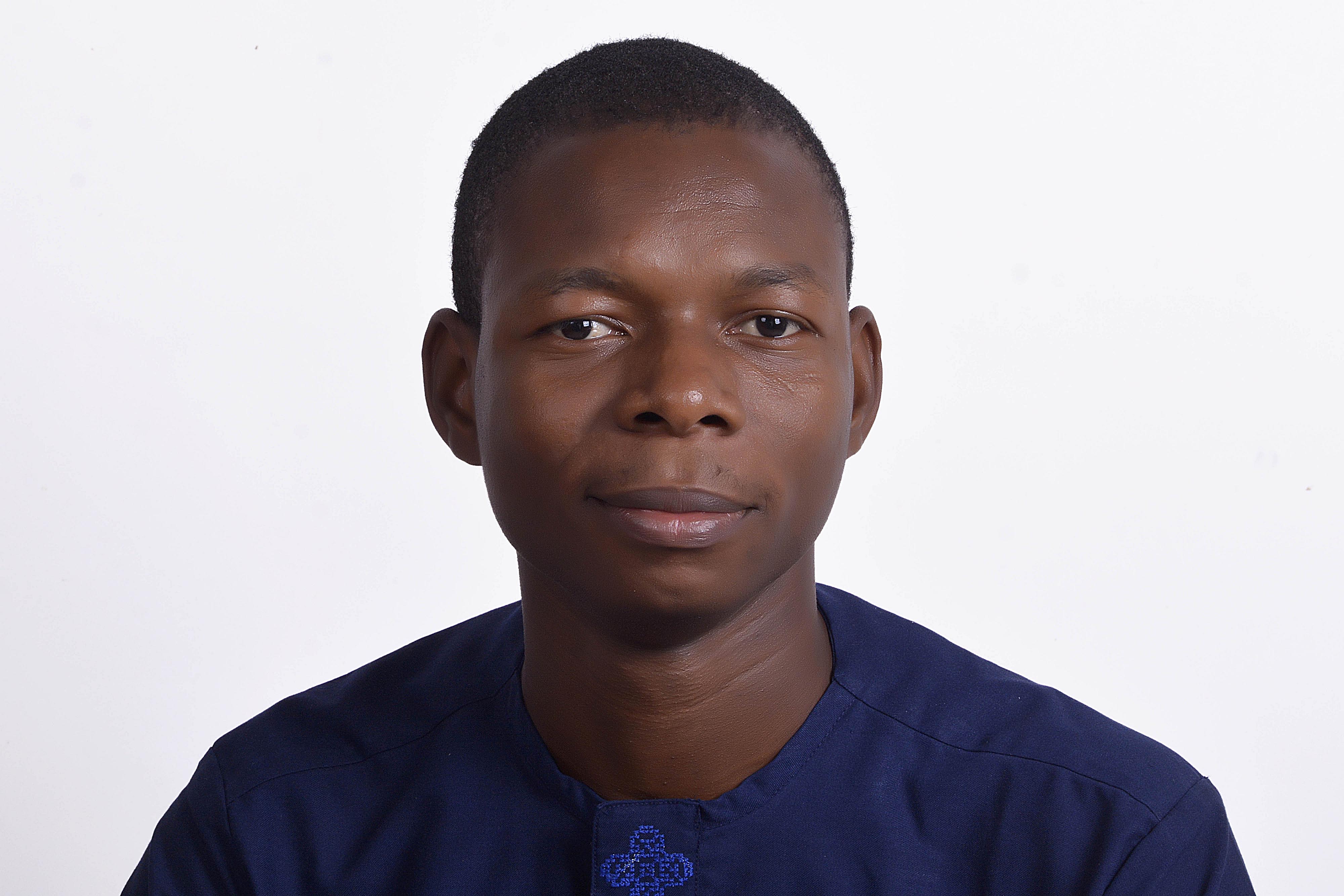I had just started conversing with Chisom (not his real name) a creative designer at one of the collaborative spaces in the South Southern part of Nigeria, as a group of University students had open conversations about their experiences dealing with depression, mental health issues and the stigma-cum-misery that comes with that experience.
As the voices of these students conspired with the environment to create a safe aura, Chisom leaned in towards me to explain how – in his own words – he “surmounted the hills of depression by chance”.
This was barely a few weeks after we hosted the award-winning artist Banky W, media entrepreneur Ubi Franklin and a fantastic team of a psychiatrist and psychotherapist at the Joy Masterclass for them to share lessons on how to deal with depression. From the large conversations in Lagos to this intimate fireside conversation among these college students, one thing seems obvious – Nigerians are gradually paying attention to their mental and emotional wellbeing.
This week, we released Nigeria’s first national depression report, a record-breaking study produced in partnership with NOIPolls and our research partners at Yale, that contains result from the nation-wide happiness and depression survey conducted across all the 36 states in Nigeria including the Federal Capital Territory (FCT), internal surveys from The Joy Congress and up-to-date data on the state of the depression crisis in Nigeria.
We welcomed our findings with some deep sighs – at least 3 in every 10 Nigerians have reportedly experienced depressive symptoms. The report estimates that 60 million Nigerians risk suffering from depression while at least 27.8 per cent of Nigerians have experienced symptoms of anxiety.
This, unfortunately, is the reality.
Depression is the leading cause of disability across the world, and one of the top ten causes of years lived with disability (YLDs) in Nigeria. Between the years 2015 and 2016, for instance, anxiety disorders and depression rose by 34.9 per cent and 23.4 per cent respectively, with the tendency of increasing as population increases.
Nigeria – and other countries on the African continent – will witness some population explosion in the next decades. Africa has been projected to account for half of the world’s population growth by 2050, with Nigeria becoming the world’s third largest country by population and one of the six nations with a population of over 300 million.
The impact of emotions on well-being should not be underrated. Previous studies involving representative samples of 95 per cent of the world’s population suggests that “emotions matter to health everywhere.” The emotion-health connection is not unique to certain countries, regions, or levels of economic development. Rather, based on that study, emotion matters for health around the globe and may in fact be more critical in less-developed and developing countries.
With the rise in the startup culture and affective computing, several clusters within the country are working to create environments that promote the culture of innovation. As important as innovation is, is the mental and emotional wellbeing of both the innovators and the average consumer of the products of innovation. The tale surrounding Elon Musk recently is enough to explain this.
Mental and emotional health are the ‘single’ biggest predictors of individual happiness. While both physical and mental health are important for a flourishing life, mental illness, according to a recent study explains more of the misery in the society than physical illness does, and more than either poverty or unemployment.
Nigeria, must however, wake up to embrace and transcend this reality.
Like we recommended in the report, solving mental health challenges is an urgent imperative in the modern Nigerian society. From reviewing the national mental health policy and creating a viable legislative framework to meet global standards, Nigeria needs to be proactive in taking mental and emotional health seriously. What exist as of now – the National Policy for Mental Health Services Delivery adopted in 2013, and the mental health bill meant to repeal the Lunacy Act of 1958 – is grossly insufficient.
There is the need for stakeholders – led by an effective public-private partnership – to increase prevention, treatment and recovery services within the country. The workforce focused on mental health need to be expanded to accommodate current realities.
Also important is the need to invest in public education to create a culture we all can be proud of. Perception of the average Nigerian about mental health and depression need to change to that which promote safe spaces for these conversations to be held, and for people to heal, devoid of judgement.
The need to invest in research initiatives – especially indigenous research – cannot be overemphasized. Without the right data, it is challenging to provide evidence-based solutions and initiatives.
Though the impact of technology has been credited to the rise in depression and anxiety disorders in other parts of the world, there is the need to find alternative means to leverage emerging technologies – the constituents of the fourth industrial revolution – to proffer personalised solutions.
As individuals, just like Chisom, a good place to start is getting ourselves acquainted with emotional first aid tools and resources, learning how to build resilience (you can find helpful resources on this reading list) and more importantly seeking help.
I am optimistic that the future, for Nigeria, is beautiful, and more beautiful will it be when citizens truly flourish.
—
Damola Morenikeji is a research associate at Joy, Inc. [www.joyinc.xyz], the benefit corporation building happier, flourishing Africans and mainstreaming the research and evidence on human flourishing and positive emotions to transform the culture, and build a focused on the greatest happiness for the greatest many. Working with a global advisory board of researchers and psychologists from Yale, Fordham and Yaba, Joy, Inc. has equipped young Africans across 6 cities in 4 countries and 3 continents with positive emotion skills and resources they need to be happy, resilient, transcend adversity, solve problems, find joy and flourish while nudging nations to take emotional/mental wellbeing seriously.

